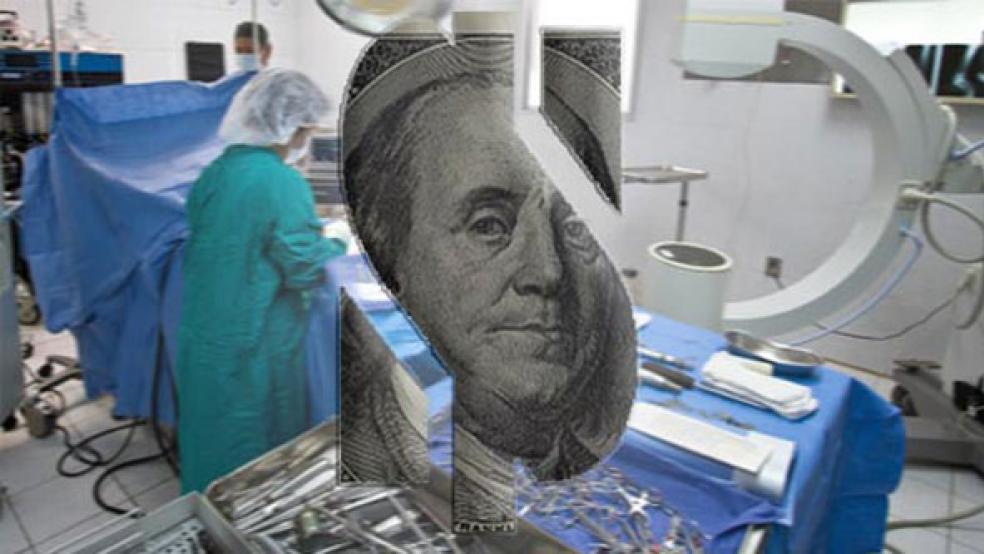A new report by the nonpartisan Commonwealth Fund confirms what many of us already know: Paying for healthcare in the U.S. is often a struggle, even for those who have insurance.
The Commonwealth Fund Health Care Affordability Survey finds that many Americans lack the coverage they need to obtain health care at an affordable price. As a result, a significant number of people delay necessary care and become sicker, even as they build up medical debt for the care they do receive. The difficulties are widespread, and experienced even by those who have employer-sponsored health insurance, coverage through the federal marketplaces, and Medicaid and Medicare.
Some highlights from the survey, which was conducted via a nationally representative sample of 7,873 adults between April 18 and July 31, 2023:
* Fifty-one percent of those between the ages of 19 and 64 reported difficulty in affording health care costs. That includes 51% of Medicare recipients, 43% of those with employer-sponsored plans, and 76% of those without health insurance.
* Many survey respondents said they or a family member had skipped care or prescription drugs due to cost in the last 12 months, including 29% of those with employer coverage and 42% of those with Medicare.
* A majority in all coverage categories said that delaying care due to expense made themselves or a family member sicker, including 54% of those with employer coverage and 63% of those with Medicare.
* Having health insurance doesn’t necessarily protect people from medical debt, with 30% of those with employer coverage saying they were paying off medical or dental debt.
The bottom line: “Health care costs are deterring many Americans from getting the care they need, with deleterious effects on their health,” the report concludes. “While our survey’s findings show that it’s much better to have insurance than to go without, they also indicate that insurance frequently fails to provide affordable access to care for large segments of the U.S. population.”




